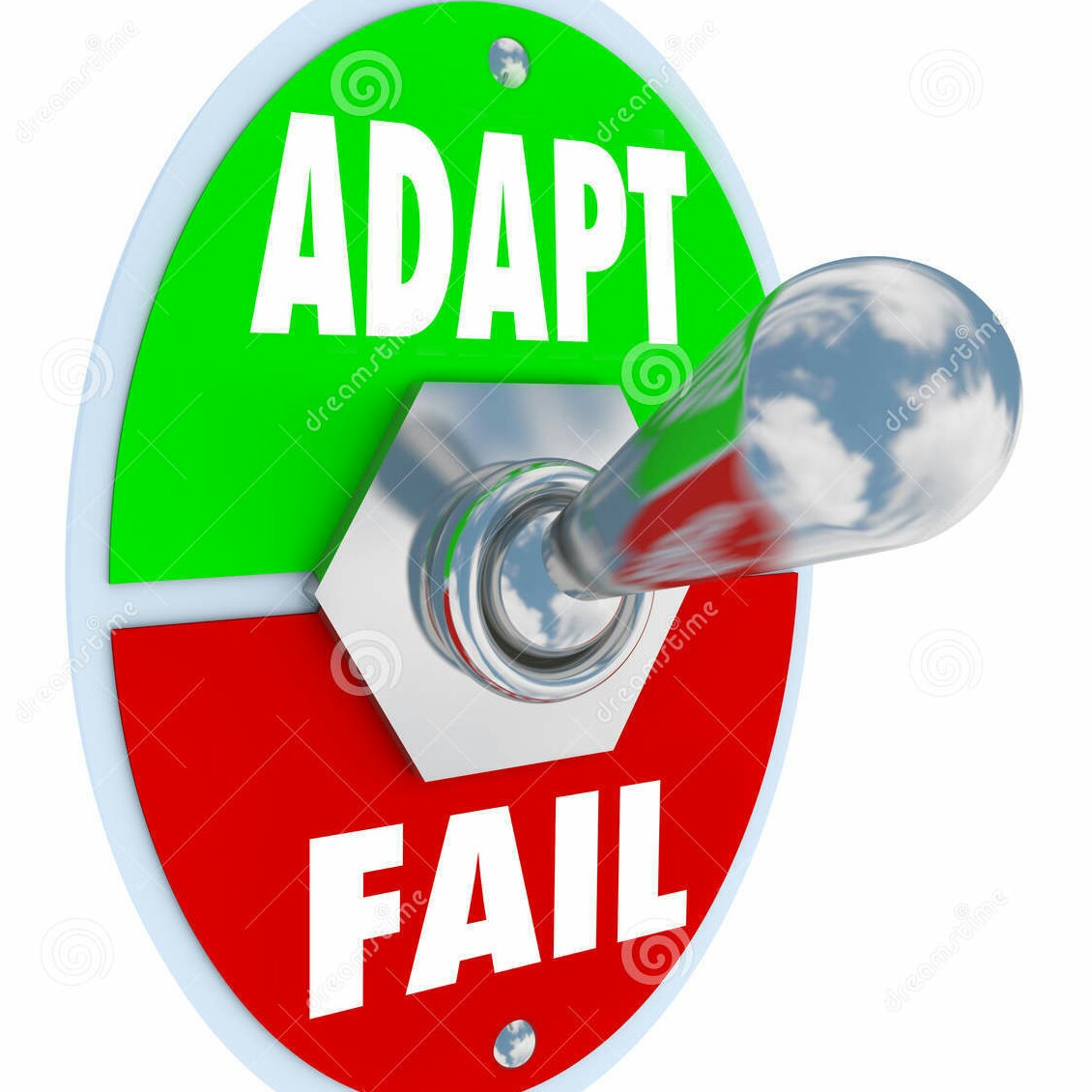
According to El-Arabi, there are three forms of knowledge: 1) intellectual knowledge, which is “only information and the collection of facts”; 2) the “emotionalism” that consists of getting in touch with and expressing your feelings; and 3) “real knowledge, which is called the Knowledge of Reality. In this form man can perceive what is right, what is true” (Shah 1968, p. 85). The first two forms–the false forms–of knowledge outlined by El-Arabi are the forms that dominate the current confusion surrounding issues in education. They can be seen in the talk about technological innovation and feeling good about one’s self.
–David Patterson, 36



